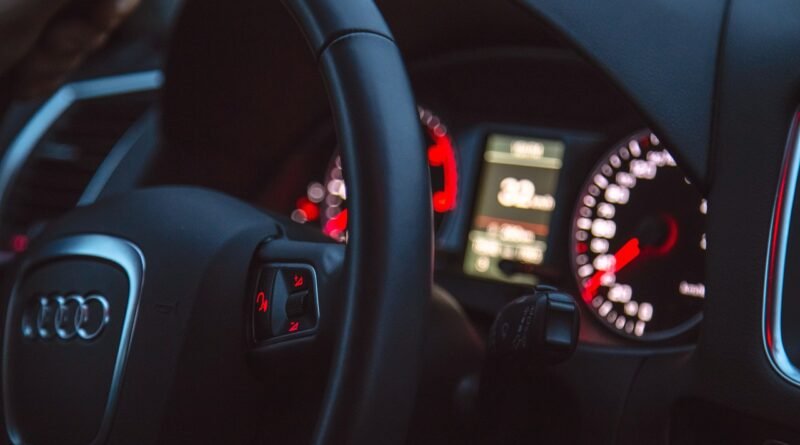The Pros and Cons of Buying a Used Car
Are you in the market for a new car? Should you go for a brand-new one or a used one? There are definitely pros and cons to consider when making this decision. On one hand, buying a used car can save you money and provide you with a reliable vehicle. On the other hand, a new car may come with more advanced features and a warranty. In this blog post, we will explore the pros and cons of buying a used car so you can make an informed decision when it comes to your next vehicle purchase.
Lower Purchase Price and Depreciation Benefits
The lower initial purchase price is one of the most appealing aspects of buying a used car. Vehicles depreciate quickly, with new cars losing a significant portion of their value in the first few years. This depreciation curve means that buyers can save a considerable amount of money on a used car that’s only a few years old without sacrificing much in terms of features or condition. Additionally, the slower depreciation rate of a used vehicle means that its value stays relatively high, offering a better return on investment if you decide to sell the car in the future.
Variety of Choices Available in the Market
The market for used cars offers an incredibly diverse range of options, catering to almost every taste and requirement. From vintage classics to nearly-new models, buyers have the luxury of choosing from a vast selection of vehicles. This variety allows for a more tailored car buying experience, where you can find a car that fits your budget and meets specific preferences in terms of make, model, features, and even color. Unlike the new car market, which is limited to the latest models, the used car market opens up possibilities for finding unique vehicles that stand out from the crowd.
Higher Insurance Costs and Potential Hidden Problems
Contrary to popular belief, used cars can sometimes come with higher insurance costs. Several factors determine insurance rates, including the car’s safety record, repair costs, and the likelihood of theft, which might unfavorably affect older models. A significant drawback of buying a used car is the risk of inheriting hidden problems. Without a comprehensive history report, buyers may unknowingly purchase a vehicle with mechanical issues or past damage, leading to unexpected repair costs. These potential financial pitfalls underscore the importance of thorough research and a pre-purchase inspection to mitigate risks associated with used cars.
The Impact of High Mileage on Performance and Maintenance
High mileage on a used car often raises concerns about its performance and the cost of future maintenance. As vehicles age and accumulate miles, parts wear out and may require more frequent repairs, impacting overall reliability. Additionally, high-mileage cars may not perform as efficiently as their lower-mileage counterparts, potentially leading to decreased fuel economy and power. While regular maintenance can mitigate some of these issues, prospective buyers should be prepared for the possibility of increased maintenance costs and the need for more frequent servicing to keep the car running smoothly.
Warranty and Financing Options for Used Cars
When considering a used car, it’s important to understand the warranty and financing options available. While most used cars won’t come with the same comprehensive manufacturer warranties as new vehicles, many dealers offer limited warranties or the option to purchase extended warranties for added peace of mind. Financing a used car differs from funding of a new car, with interest rates being higher. However, the lower purchase price of used vehicles can often offset these higher rates. Buyers should explore certified pre-owned programs, which usually provide more favorable warranty and financing terms, closely resembling those of new cars.
Making the Right Choice for Your Needs and Budget
Deciding between a new or used car ultimately hinges on your personal needs, preferences, and financial situation. Consider your daily requirements, the total cost of ownership, including potential repairs and maintenance for a used car, and how long you plan to keep the vehicle. Balancing these factors with your budget will guide you in making an informed choice. Whether you lean towards the savings and character of a used car or the security and features of a new one, ensure your decision aligns with both your immediate needs and long-term financial goals.
Summary
When deciding between a new or used car, it’s important to consider the advantages and disadvantages of each. Purchasing a used car can result in significant cost savings and still provide reliable transportation, with a wide range of options to suit different preferences and budgets. However, there are potential downsides to consider, such as higher insurance costs and the risk of hidden issues. Ultimately, the decision should be based on your individual needs, preferences, and financial circumstances.

